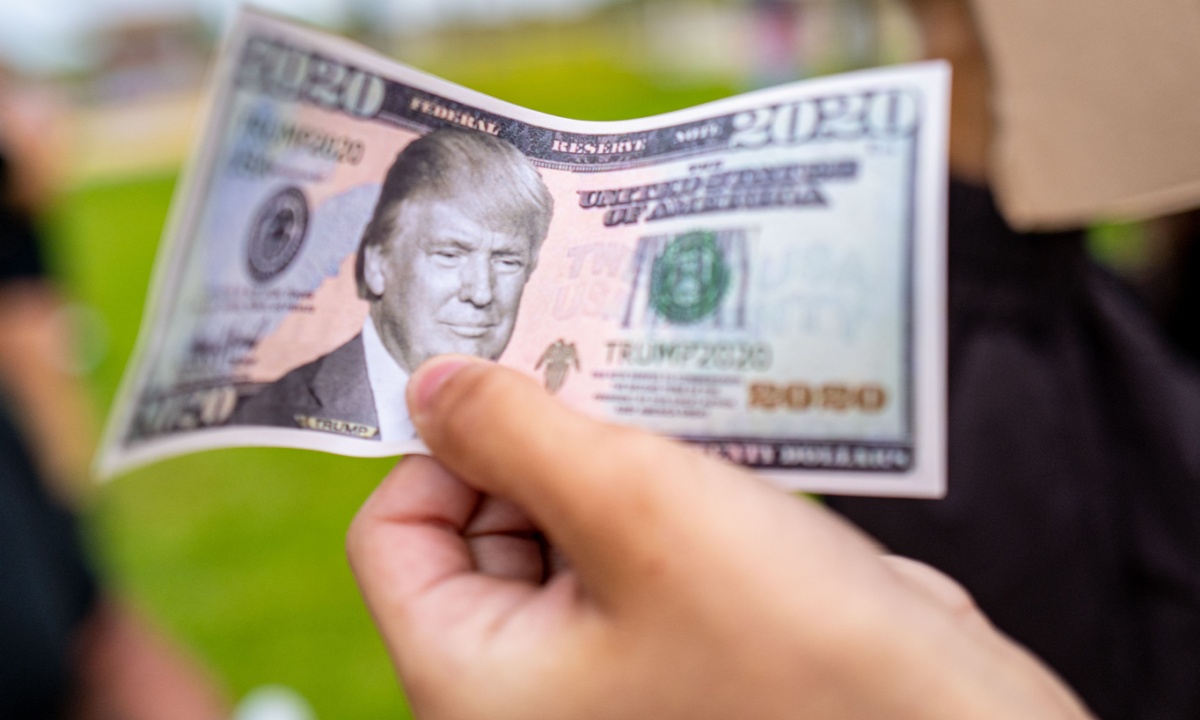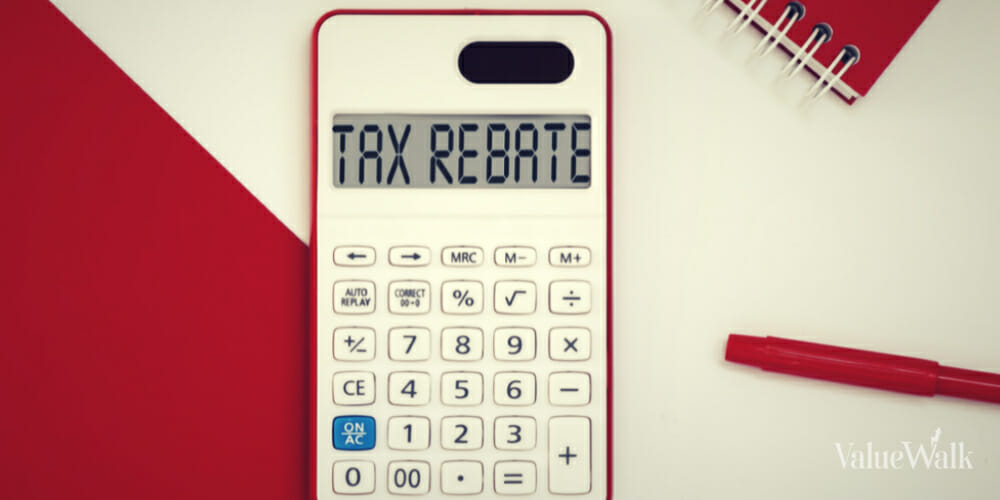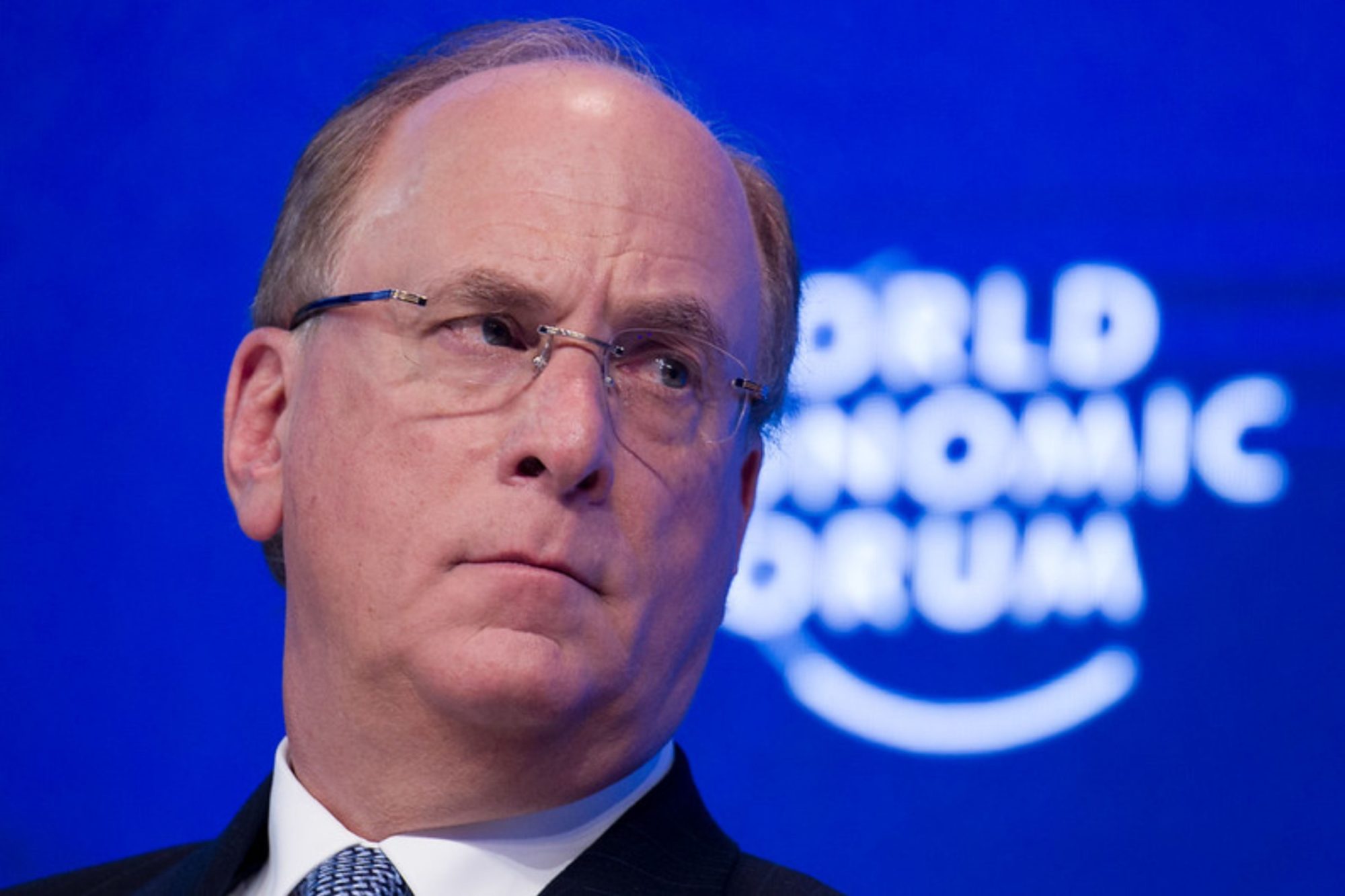If the outcome of June’s bizarre head-to-head debate is anything to go by, then Donald Trump likely has the edge over Joe Biden in the presidential campaign right now.
Naturally, this is prompting speculation on what impact a second Trump presidency would have on American citizens, and money is a big part of this.
From tax reforms to trade policies, the first Trump administration implemented several measures that impacted the personal finances of average Americans. So, as we brace for a potential second Trump presidency, it is crucial to understand how it could affect your wallet.
Tax policy
Firstly, Trump has vowed to extend the tax cuts that he introduced during his presidency. These cuts saw the corporate tax rate reduced from 35% to 21%, while the standard deduction and child tax credit almost doubled.
Biden, on the other hand, has proposed raising the corporate tax rate to 28% and restoring the child tax credit, which was enacted during the COVID-19 pandemic but has since expired.
Trump has also proposed reducing the rate of personal income tax, as well as the number of tax brackets to three from seven. So, under a hypothetical Trump presidency, individuals with income less than $25,000 (less than $50,000 for couples) will pay no federal income tax.
Trump’s proposed tax changes are estimated to reduce the overall tax rate by about 2% for an average family in America, according to the Tax Policy Center.
The federal health insurance program also underwent a few changes during the Trump presidency. One such change was the expansion of telehealth services, which improved access to care.
Also, the Trump administration proposed major changes to Medicare funding, including reducing Medicare spending by introducing a single payment system for certain services. There was also a proposal to expand the services covered by Medicare Advantage plans.
Trump has also called for the repeal of the Affordable Care Act (ACA), a comprehensive health insurance reform introduced in 2010. The former president wanted to reduce healthcare costs through private competition.
Biden, on the other hand, has proposed expanding the ACA with an objective to reduce some premiums and out-of-pocket costs.
Student loan forgiveness
Under the Trump presidency, many changes were made to the Public Service Loan Forgiveness (PSLF) program which made it difficult to attain loan forgiveness. The changes made eligibility criteria stricter, resulting in disqualification and delays in loan forgiveness.
The Trump administration also rolled back Obama-era regulation, which protected borrowers from predatory practices by loan servicers.
During COVID-19, however, Trump suspended all federal loan student payments and set interest rates to 0%. Trump’s 2021 budget proposal sought to reduce spending on student loan forgiveness by $170 billion.
Biden, during the first three years of his presidency, has forgiven almost $137 billion in student loans. The incumbent president’s administration also recently approved $7.7 billion in debt relief for 160,000 borrowers.
Trade and consumer prices
The Trump administration took an aggressive stance on international trade, favoring fairer deals, protecting American industries, and limiting the movement of manufacturing jobs overseas.
Though the use of aggressive international trade policies, by levying tariffs on imported goods, has helped protect American jobs and industries, it has also increased consumer prices and disrupted supply chains.
If Trump wins again and aggressively pursues international trade policies, consumer product prices may increase noticeably.

























